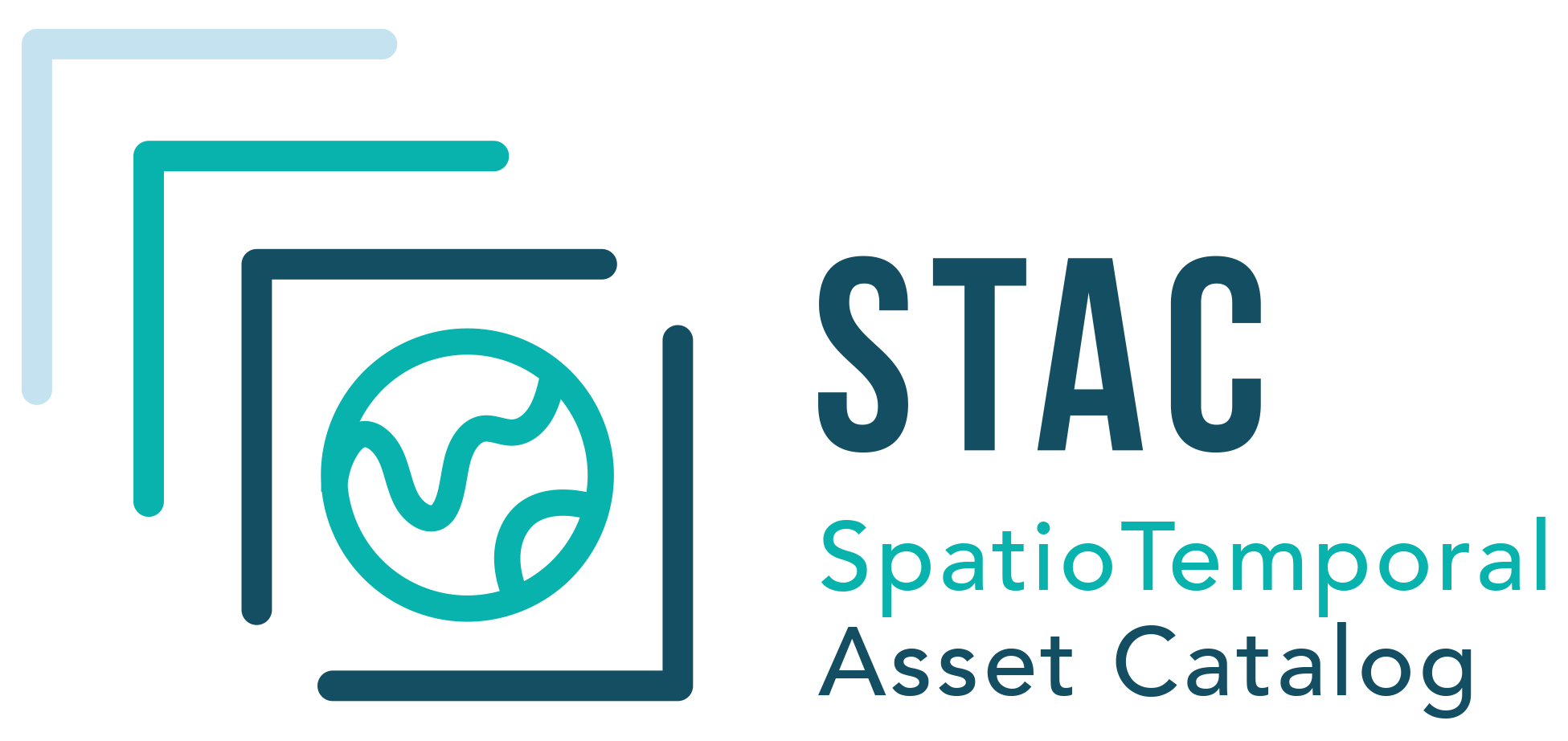pystac.item_collection#
- class pystac.item_collection.ItemCollection(items: Iterable[ItemLike], extra_fields: dict[str, Any] | None = None, clone_items: bool = True)[source]
Implementation of a GeoJSON FeatureCollection whose features are all STAC Items.
All
Iteminstances passed to theItemCollectioninstance during instantiation are cloned and have their"root"URL cleared. Instances of this class implement the abstract methods oftyping.Collectionand can also be added together (see below for examples using these methods).Any additional top-level fields in the FeatureCollection are retained in
extra_fieldsby thefrom_dict()andfrom_file()methods and will be present in the serialized file fromsave_object().- Parameters:
items – List of
Iteminstances to include in theItemCollection.extra_fields – Dictionary of additional top-level fields included in the
ItemCollection.clone_items – Optional flag indicating whether
Iteminstances should be cloned before storing in theItemCollection. Setting toFalsewill result in faster instantiation, but changes made toIteminstances in theItemCollectionwill mutate the originalItem. Defaults toTrue.
Examples
Loop over all items in the :class`~ItemCollection`
>>> item_collection: ItemCollection = ... >>> for item in item_collection: ... ...
Get the number of
Iteminstances in theItemCollection>>> length: int = len(item_collection)
Check if an
Itemis in theItemCollection. Note that theclone_itemsargument must beFalsefor this to returnTrue, since equality of PySTAC objects is currently evaluated using default object equality (i.e.item_1 is item_2).>>> item: Item = ... >>> item_collection = ItemCollection(items=[item], clone_items=False) >>> assert item in item_collection
Combine
ItemCollectioninstances>>> item_1: Item = ... >>> item_2: Item = ... >>> item_3: Item = ... >>> item_collection_1 = ItemCollection(items=[item_1, item_2]) >>> item_collection_2 = ItemCollection(items=[item_2, item_3]) >>> combined = item_collection_1 + item_collection_2 >>> assert len(combined) == 4 # If an item is present in both ItemCollections it will occur twice
- clone() ItemCollection[source]
Creates a clone of this instance. This clone is a deep copy; all
Iteminstances are cloned and all additional top-level fields are deep copied.
- extra_fields: dict[str, Any]
Dictionary of additional top-level fields for the GeoJSON FeatureCollection.
- classmethod from_dict(d: dict[str, Any], preserve_dict: bool = True, root: pystac.Catalog | None = None) C[source]
Creates a
ItemCollectioninstance from a dictionary.- Parameters:
d – The dictionary from which the
ItemCollectionwill be createdpreserve_dict – If False, the dict parameter
dmay be modified during this method call. Otherwise the dict is not mutated. Defaults to True, which results results in a deepcopy of the parameter. Set to False when possible to avoid the performance hit of a deepcopy.
- classmethod from_file(href: HREF, stac_io: pystac.StacIO | None = None) C[source]
Reads a
ItemCollectionfrom a JSON file.- Parameters:
href – Path to the file.
stac_io – A
StacIOinstance to use for file I/O
- static is_item_collection(d: dict[str, Any]) bool[source]
Checks if the given dictionary represents a valid
ItemCollection.- Parameters:
d – Dictionary to check
- items: list[pystac.item.Item]
List of
pystac.Iteminstances contained in thisItemCollection.
- save_object(dest_href: str, stac_io: pystac.StacIO | None = None) None[source]
Saves this instance to the
dest_hreflocation.- Parameters:
dest_href – Location to which the file will be saved.
stac_io – Optional
StacIOinstance to use. If not provided, will use the default instance.
- to_dict(transform_hrefs: bool = False) dict[str, Any][source]
Serializes an
ItemCollectioninstance to a dictionary.- Parameters:
transform_hrefs – If True, transform the HREF of hierarchical links of Items based on the type of catalog the Item belongs to (if any). I.e. if the item belongs to a root catalog that is RELATIVE_PUBLISHED or SELF_CONTAINED, hierarchical link HREFs will be transformed to be relative to the catalog root. This can be slow if the Items have root links that have not yet been resolved. Defaults to False.
